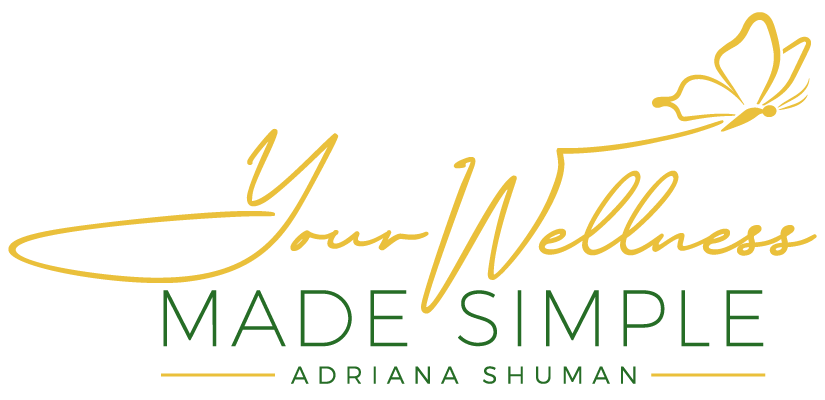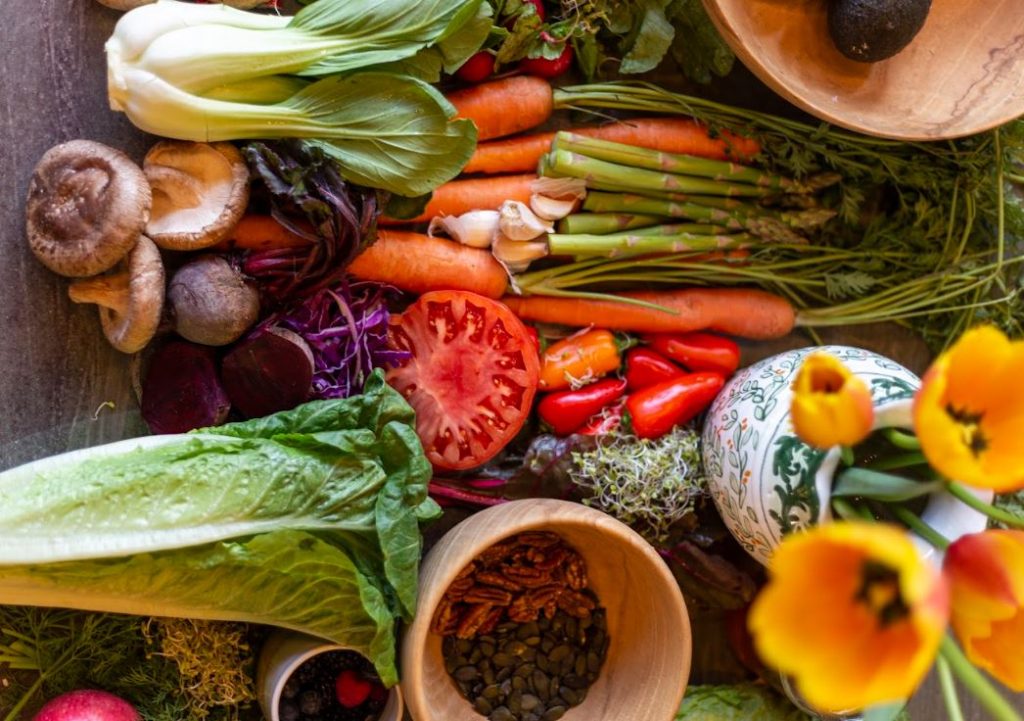When you’re munching on sushi, sipping fruit juice, or grabbing hot dogs at the grocery store, do you consider it healthy just because it’s not from a fast food joint?
Many of us, perhaps without realizing, consume ultra-processed foods while thinking we’re making healthier choices. But what exactly is ultra-processed food?
Real Food: It energizes us and provides the building blocks our bodies need to grow and repair. Real food comes from the healthy earth, not factories. When your diet is based on such foods—apples, carrots, lettuce, or arugula—you don’t need to stress over fad diets. Even minimally processed foods like hard-boiled eggs, plain yogurt, and wild meat sticks (without additives) can fit into a healthy diet.
Processed Food: This includes any food that has been altered from its original form for safety or convenience, such as freezing, canning, baking, drying, and pasteurizing. Foods like canned beans, cheese, cooked eggs, yogurt, and tomato sauce can still be part of a healthy diet if chosen wisely.
Ultra-Processed Food: These items are significantly altered from their original form. They contain minimal whole ingredients and are primarily made from derivatives like oils, fats, sugars, starches, and proteins. They’re packed with artificial colors, flavors, stabilizers, and preservatives to enhance taste and longevity. Examples include soft drinks, packaged snacks, chicken nuggets, and instant soups.
Questions to Ask Yourself While Shopping
– How much processing has this food undergone?
– What methods were used to process it?
– What additives are included to enhance flavor, texture, or shelf life?
– Is this still truly food?
By understanding what you’re really eating, you can make informed choices that align with a truly healthy lifestyle.
Adriana


